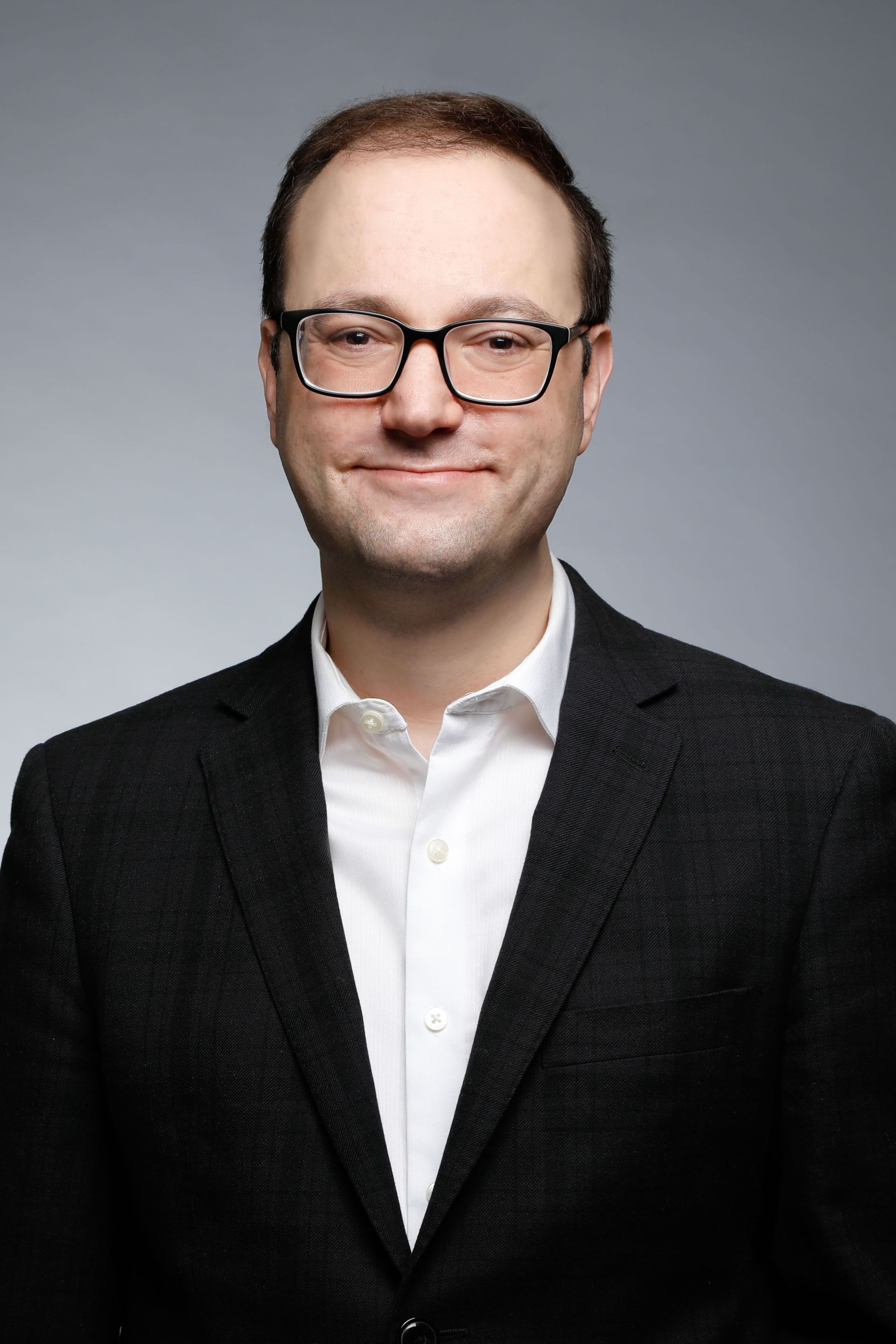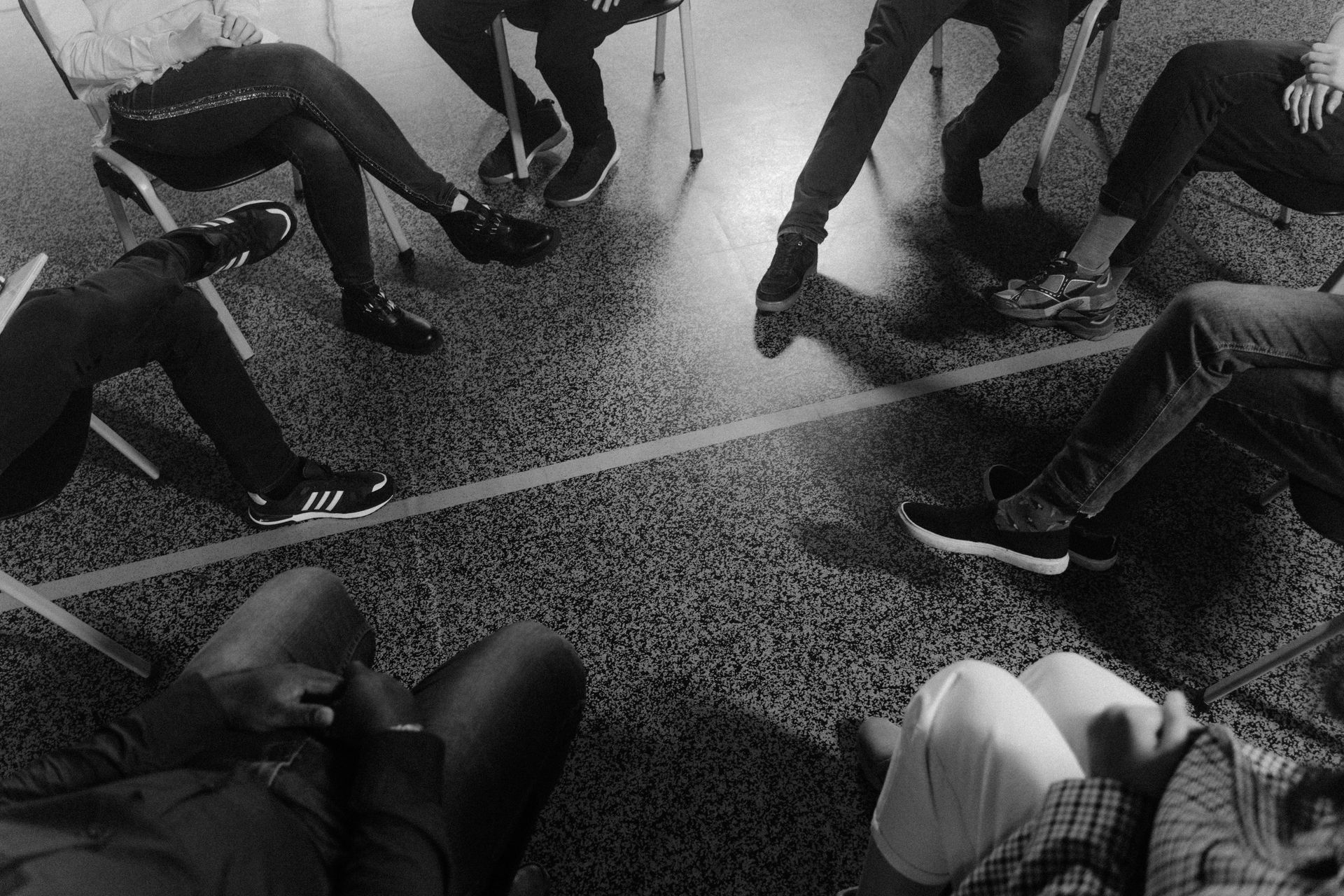FDH Highlights: Eric Dean
FDH Highlights: Eric Dean
In this series, you’ll have the chance to meet and get to know the inspirational team members that make up the unique at-home behavioral health treatment provider Front Door Health.
Eric Dean JD, MBA, MA, LPC, CADC is the Chief Operating Officer & Chief Technology Officer of Front Door Health. He strongly believes that there is no-one-size-fits all approach to recovery and that every patient has their own unique needs, values, and goals. As such, Eric has worked to develop Front Door Health’s distinctive addiction treatment program which gives clients 24/7 access to a physician-led, multidisciplinary team of healthcare providers from the comfort of the clients’ own homes.
Below, Eric shares more about his background, what he feels are the most important aspects of his job at Front Door Health, his views on the current healthcare system, and much more…
What led you to becoming the Chief Operating Officer & Chief Technology Officer of Front Door Health?
In late 2021, I was honored to be asked to be Front Door Health's acting CEO to accelerate our growth. FDH was (and still is) focused on delivering an innovative and effective treatment solution to clients in their homes, and I was excited to help with these goals. I was also interested because I would work alongside several great people, including Paul Getzendanner and Dr. Jonathan Adelstein.
We were successful during that time to the point where we could bring on additional staff members and leaders. I then transitioned to COO/CTO, focusing on assessing and improving our operational agility and harnessing the power of data and technology to operate more efficiently and effectively.
Where did you go to school, and what degrees do you hold?
I have a BS from the University of Illinois at Urbana-Champaign in International, Resource, & Consumer Economics with a concentration in Consumer Economics & Finance.
Post undergrad, I moved to Cleveland, Ohio, where I earned my dual JD/MBA from Case Western Reserve University School of Law and Weatherhead School of Management.
After working for four years, I made a career change. I returned to school and earned my MA in Counseling Psychology with a concentration in the Treatment of Addiction Disorders from The Chicago School of Professional Psychology. I am happy to say that I now teach classes on addictions, psychopathology, and psychopharmacology at The Chicago School as an adjunct professor.
While working as an LPC and CADC, I completed my MA in Public Policy at The University of Chicago Harris School of Public Policy.
What are the most important parts of your job?
There are two:
1. Creating the best possible experience for our staff members and clients. When both are taken care of, we are in a solid position to grow and improve.
2. Ensuring open lines of communication and collaboration between different company departments while allowing each department to maintain its norms and processes. This has been at the forefront of my mind since I was a student at UChicago, where I learned about the importance of facilitating knowledge transfer and collaboration between different departments of an organization while allowing each department to maintain its own identity and processes that may differ from how other departments do things. For us, striking this balance could involve our clinical and marketing teams working together and sharing ideas but allowing each team to have its own operational methodology.
What are the biggest struggles in the mental health field?
1. Ineffective and outdated treatment models—for most people, current treatment models are undesirable, impracticable, and ineffective.
2. Long wait times—it is not uncommon for people to wait months to get an initial appointment with a therapist or psychiatrist.
3. Lack of continuity of care—for example, when someone is discharged from inpatient, there often is a lack of follow-through on the transition to a lower level of care.
4. Lack of care coordination—many people have multiple treatment providers (e.g., psychiatrist, therapist, life coach). Still, those providers are not communicating with one another, let alone collaborating to give the client optimal services.
Our program addresses all these struggles, and our treatment outcomes are stellar. We can start treatment on the same day that people reach out to us for it, we can adjust the intensity of treatment in real-time as the client’s needs change, and every client has a Care Team that is talking consistently about how to continue to provide a good experience.
If you could change one thing about the current healthcare system, what would it be?
We need to address the two significant tensions in the behavioral health space:
1. What we know about addiction does not correspond to how current models treat it.
2. 94% of people who need and want treatment don’t receive it.
Our program is evidence-based and scientifically validated and provides services people want and are willing to participate in.
What are your hobbies?
I enjoy spending time with my family and friends, golfing, jogging, doing crossword puzzles and Sudoku, experiencing new restaurants and cuisines, and taking online courses (I am currently taking an exciting one on Artificial Intelligence).
What else would you like people to know about Front Door Health, your team, and you?
I’ve worked on many teams, but never one so tirelessly motivated to provide our clients and their families with the best services.
Would you rather fight a bear or a shark? Please explain why.
A bear: My odds of survival would be better on land than in the water.
About Front Door Health
Front Door Health provides judgment-free in-home treatment for patients when they need it. We take an evidence-based approach to treatment, and we create custom treatment plans for our patients to increase their chances of success. Our treatment process is client-focused and individualized. This means no group sessions with strangers and no “treatment as usual” approach. You are unique and the treatment plan we create for you is designed to meet you where you are along your journey and help you to reach your recovery goals.
We understand that it can be difficult to put your life on hold and take time off work. Our in-home treatment allows you to continue to meet your work, school, family, and other obligations while receiving the treatment you deserve.
If you would like to learn more about in-home treatment, contact Front Door Health today. We’re happy to answer any questions and provide you with the help you need.
info@frontdoorhealthcenter.com




